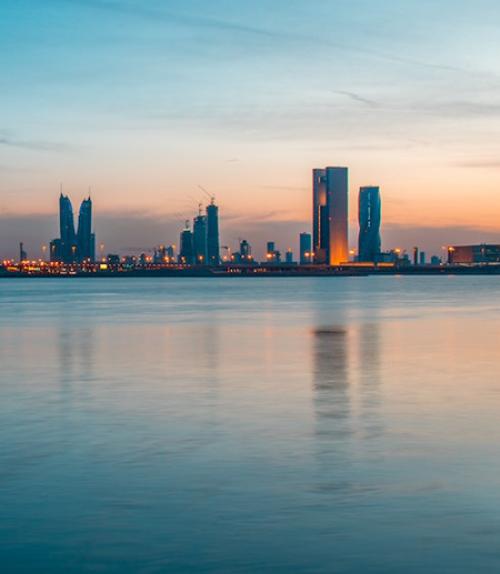On Tuesday, U.S. President Donald Trump will host leaders of Israel, United Arab Emirates and Bahrain at the White House in a ceremony to mark the normalization of relations between Israel and the two Gulf countries. The deal, which the Trump administration has described as a pivotal step towards peace in the Middle East, signals a shift amongst Arab countries, traditionally wary of siding too close to Israel.
Alexandra Blackman, assistant professor of government at Cornell University, studies the Middle East, including politics of gender, political party development, the evolution of authoritarian institutions, and the role of foreign and transnational forces in the region:
“The normalization of relations between Israel, the United Arab Emirates, and Bahrain further highlights the gap between the foreign policy of most Gulf states, which is guided by their enmity toward Iran, and the other Arab and Muslim countries that fear popular backlash to normalization more than they fear Iran. It will be interesting to see how the publics of the Gulf states react to these moves.
“With regard to U.S. foreign policy, what we are seeing is the end result of the Trump administration’s increased reliance on the Gulf states and Israel as partners in the region and the recognition by those leaders that they benefit more from Trump remaining in office than from a Biden administration. While a Biden victory in November is unlikely to change the broad contours of normalization with the Gulf states, we should expect a Biden administration to invest diplomatic efforts elsewhere in the region.”
For media inquiries, contact Linda Glaser, news & media relations manager, lbg37@cornell.edu, 607-255-8942




